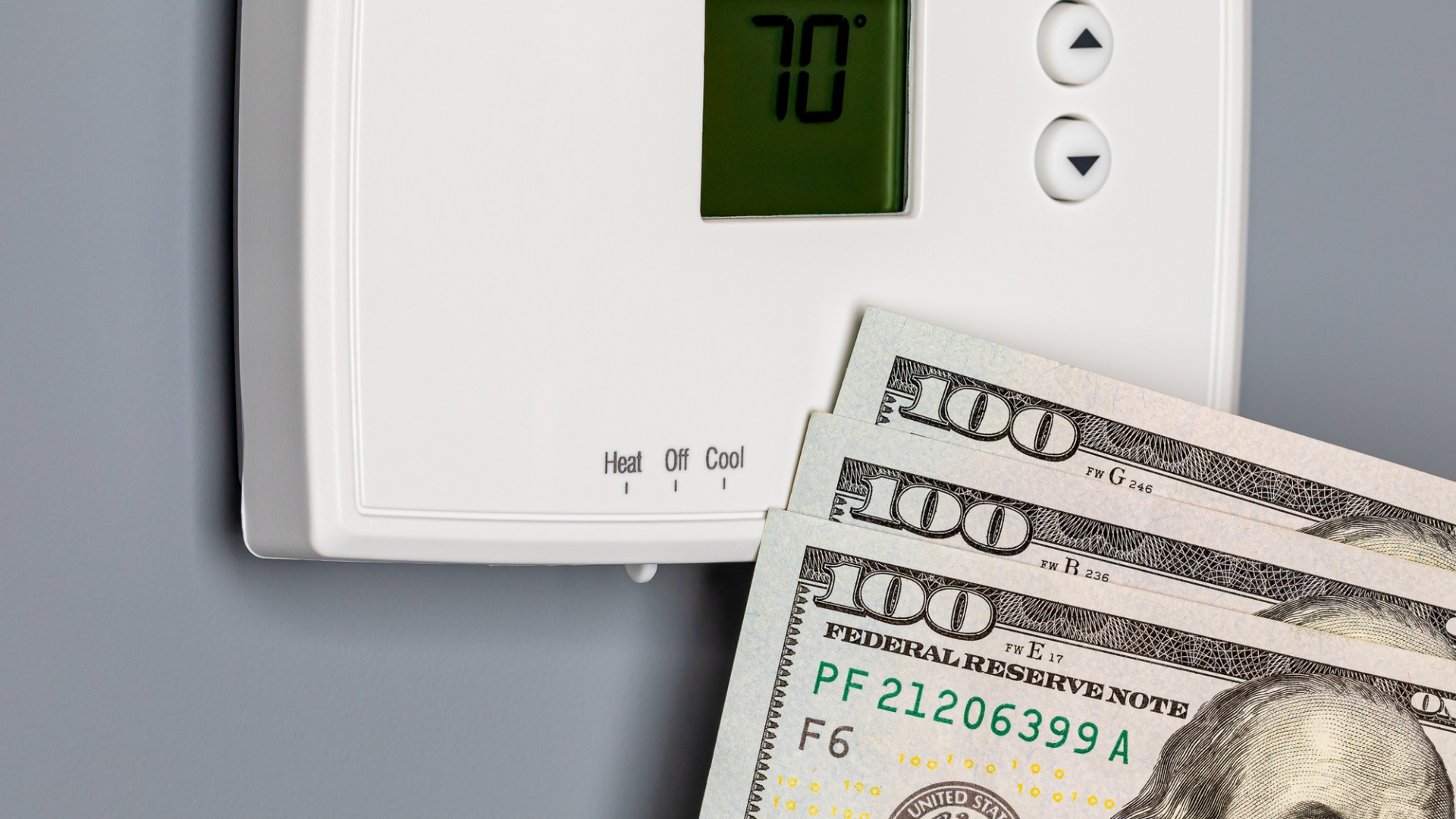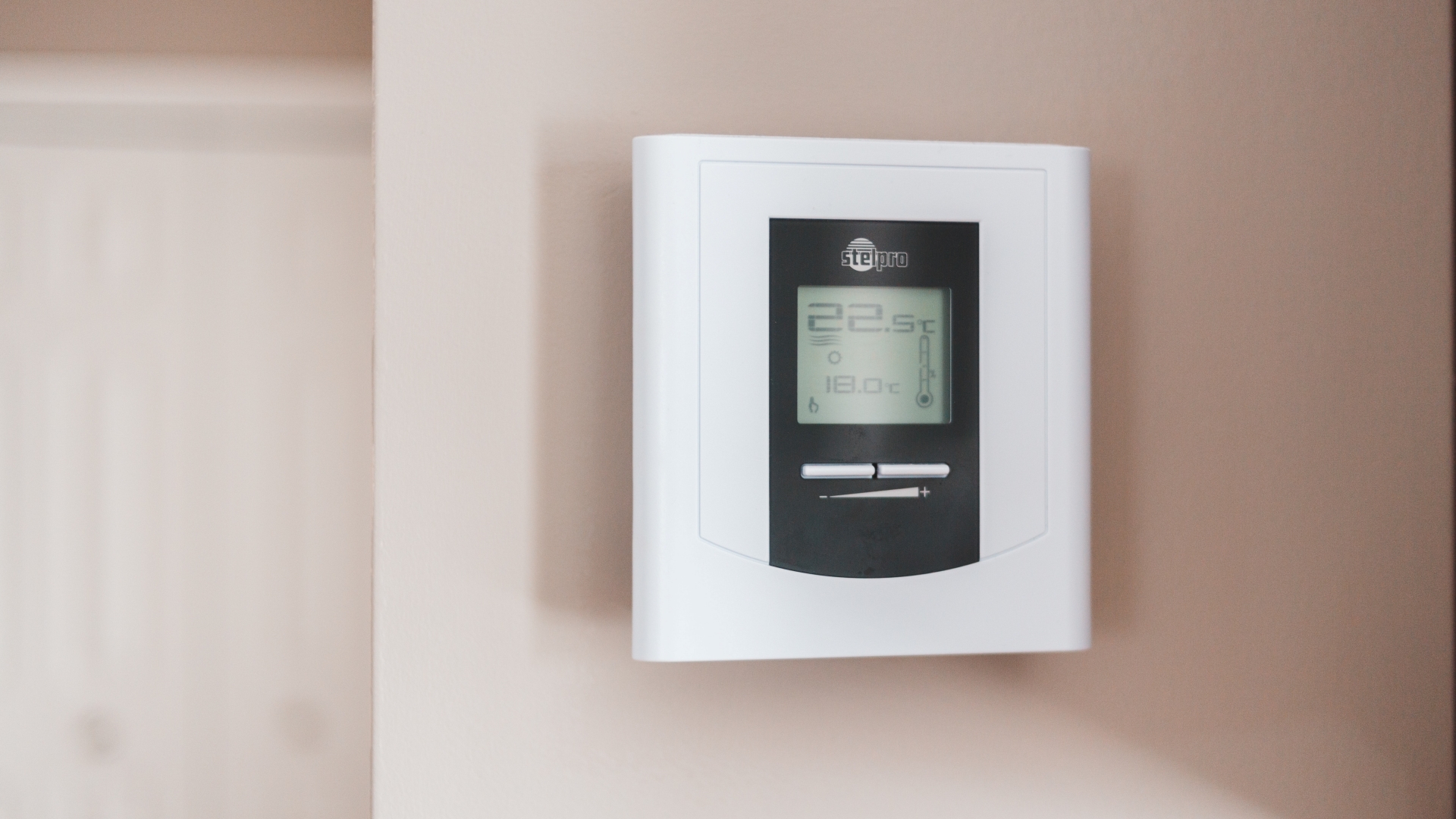Home expenses can sometimes be out of control, especially for people who need help learning how to use their money smartly. These costs include things like food and bills. Because prices for different items and services keep going up, many people need help with this.
In fact, according to a survey, 1 in 5 people cannot meet the increasing living costs. Moreover, based on statistics, household debt in the United States hit almost USD$ 17 trillion at the end of 2022. Another statistic shows that a single-person household tends to spend over 90% of its income compared to the average spending of a two-adult family, which only reaches over 80%.
Based on the data, home expenses can cost too much. Therefore, it’s time for you to learn how to cut back on your home expenses and save money. This article will teach you how to do it right.
1. Create A Budget
Creating a budget is an essential step to start reducing your home expenses. You can start by knowing your exact income. Then, identify the costs of your fixed bills, such as your mortgage, rent, and utilities. After determining them, it’s time to decide how much you should allocate for each.
It’s also best to start saving money by allocating a portion of your hard-earned income. Decide how much should be intended for your savings and emergency fund. You can use an online budget planner or any budget tools and templates to create a realistic budget.
2. Lower Your Utility Cost
Utility is one of the most significant home expenses you can have. These utilities include electricity and water. You should learn great tips to save on electricity and water to reduce your home expenses.
Electricity costs can account for over 10% of your income. Hence, it would be best if you started working on how to lower this cost. A great way to start is to turn off all appliances when they are not in use. Also, you can opt for energy-efficient light bulbs instead of regular ones.
Aside from this, according to Energy Star, the average home has so many leaks. Hence, it is time for you to insulate your home and seal your windows. Buy a programmable thermostat. That way, you can use less heat and air conditioning, helping you to save as much as 11%.
The Environment Agency says that if you install a water meter, you can expect to save 5% to 15% on your total water use. Moreover, you can have quick showers using a more efficient shower head to reduce your monthly water bill. Consider installing water-efficient appliances so that you can save at least USD$ 350 every year.

3. Reduce Other Housing Expenses
Refinancing your mortgage might also be an excellent option for you. You can decide to sign up for a shorter mortgage term. Although you will have a higher mortgage payment, it can offer a quicker payoff date. Before deciding, it’s best to use a mortgage calculator and see how much money you will save if you do it. It’s also best to consult a mortgage expert to help you explore this option.
4. Always Shop With A List
As previously discussed, it’s essential to establish a budget. To support this idea, you can create a comprehensive shopping list of the items you plan to purchase. Not only will this help you stay organized and remember everything, but it will also prevent you from making impulsive purchases. Always prioritize necessary food items, such as vegetables and fruits, and write down their appropriate categories, like produce and dairy.
Whether you’re buying online or in a physical store, determine the costs of each item. If the total goes beyond your set budget, consider removing some items of the least priority from your cart before you checkout. You can also consider bulk buying to save more money in the long run. Moreover, look for a coupon or reward that you can use to lower the amount you’ll need to pay for the goods.
5. Do Meal Planning
Once you’ve finished grocery shopping, it’s time to put together a meal plan. A meal plan helps break the habit of constantly eating out. Think about your preferred choices for breakfast, lunch, and dinner as you create your plan. By mapping out your meals for the week, you can avoid impulse buys and reduce food waste.
Cooking in bulk and utilizing leftovers is another great way to stretch your food budget. You can also save money by swapping expensive ingredients for more affordable alternatives.
Conclusion
Cutting back on home expenses and saving money is achievable with a few simple changes. Embrace practical strategies like creating a budget, energy conservation, smart shopping, and meal planning to make a lasting impact on your budget.
With dedication and a proactive approach, you’ll be well on your way to a more financially secure future. Remember, every small step counts when it comes to building a frugal, sustainable lifestyle.











